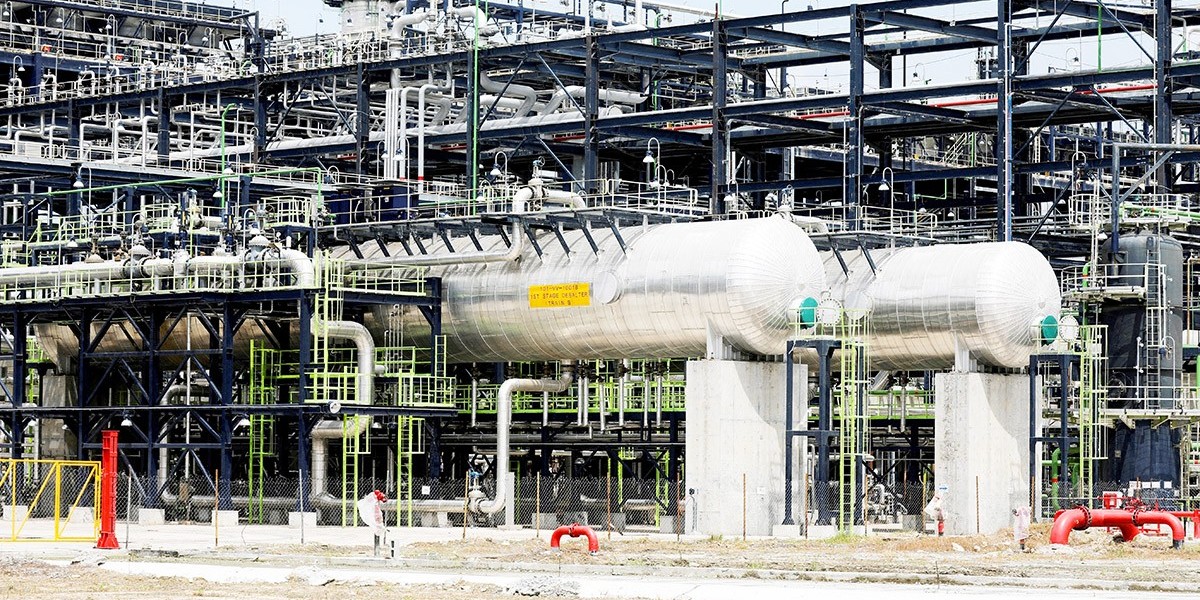Dangote Refinery, NNPCL’s Dramatisation Of Petrol Prices: A Worrisome Trend
In recent months, the narrative surrounding petrol prices in Nigeria has become increasingly concerning. With the launch of the much-anticipated Dangote Refinery and the ongoing actions of the Nigerian National Petroleum Corporation Limited (NNPCL), the way petrol prices are being portrayed and handled has left many Nigerians feeling anxious about the future of fuel pricing in the country.
The Dangote Refinery: A Game-Changer or Fueling Worry?
The Dangote Refinery, hailed as one of Africa’s largest oil refineries, was expected to bring about significant changes in the nation’s oil and gas industry. Its launch signaled hope for Nigeria to reduce its dependency on imported fuel, tackle fuel shortages, and stabilize prices. However, what was once seen as a beacon of hope is now raising more questions than answers.
One of the major concerns is the pricing mechanism the refinery may adopt. While there were initial projections that local refining would lead to cheaper fuel prices, current indicators suggest that market forces and external factors could keep prices high. With the refinery set to sell its products at market rates, rather than subsidized prices, many fear that the anticipated relief might not come as expected.
NNPCL’s Role: From Monopoly to Market Influencer
For decades, the NNPCL held a near-monopoly on fuel importation and distribution in Nigeria. As the primary supplier of petrol, the NNPCL was heavily involved in setting prices, often influenced by government subsidies and global market fluctuations. Over the years, this has created a dramatic relationship between the government, NNPCL, and the public regarding petrol pricing.
With the removal of subsidies earlier in 2023, NNPCL’s influence over the market remains significant, but it now operates under a new, deregulated framework. This shift means that petrol prices are now subject to market dynamics, which can lead to frequent price hikes depending on the global oil market.
However, NNPCL’s role in dramatizing price movements has added to the growing frustration. Public statements about petrol prices have been inconsistent, and the company’s handling of supply disruptions has often led to panic buying and further price inflation. The lack of clear communication and the reactive nature of NNPCL’s pricing approach has made the situation more unpredictable for consumers.
The Worrisome Trend of Price Instability
The constant fluctuation of petrol prices, coupled with inconsistent communication from key stakeholders, has created an environment of instability. Every time there is a slight shift in global oil prices or changes in refining capacity, it seems that petrol prices in Nigeria respond disproportionately, leading to inflationary pressures in other sectors of the economy.
For a country where a significant portion of the population relies on petrol for daily activities, the impact of these price changes cannot be overstated. Transportation costs increase, food prices soar, and businesses struggle to maintain profitability. The common man bears the brunt of these fluctuations, making it difficult for many Nigerians to plan their finances.
Public Perception and Trust
The ongoing dramatization of petrol prices by both the Dangote Refinery and the NNPCL has eroded public trust. Many Nigerians are beginning to question whether the promised benefits of local refining will ever be realized. Expectations of cheaper fuel seem more distant than ever, and there is growing skepticism about whether the refinery will serve the interests of ordinary Nigerians or simply become another profit-driven entity.
The lack of transparency regarding how prices are set, combined with the government's decision to remove subsidies, has left citizens feeling vulnerable to price shocks. This uncertainty, coupled with the refinery’s market-driven approach, has only fueled further anxiety.
Looking Ahead: What Needs to Change?
To address these concerns, there must be a more coordinated approach between the Dangote Refinery, NNPCL, and the Nigerian government. Clear and consistent communication about pricing policies is essential to avoid fueling unnecessary panic. Additionally, there should be efforts to ensure that the refinery operates in a way that benefits both its investors and the Nigerian populace.
More importantly, the government must step in to regulate the market more effectively. While a fully deregulated market has its merits, unchecked price hikes will only deepen the economic challenges faced by Nigerians. The government should consider implementing safety nets, such as strategic reserves, to cushion the effect of global price fluctuations.
Conclusion
The dramatization of petrol prices by Dangote Refinery and the NNPCL is a worrisome trend that needs to be addressed urgently. For many Nigerians, the refinery was a symbol of hope for fuel price stability, but current realities suggest that without proper regulation and communication, the situation could worsen. A collaborative and transparent approach is necessary to ensure that Nigerians truly benefit from the nation’s rich oil resources. Only then can the fears surrounding petrol pricing begin to subside.



